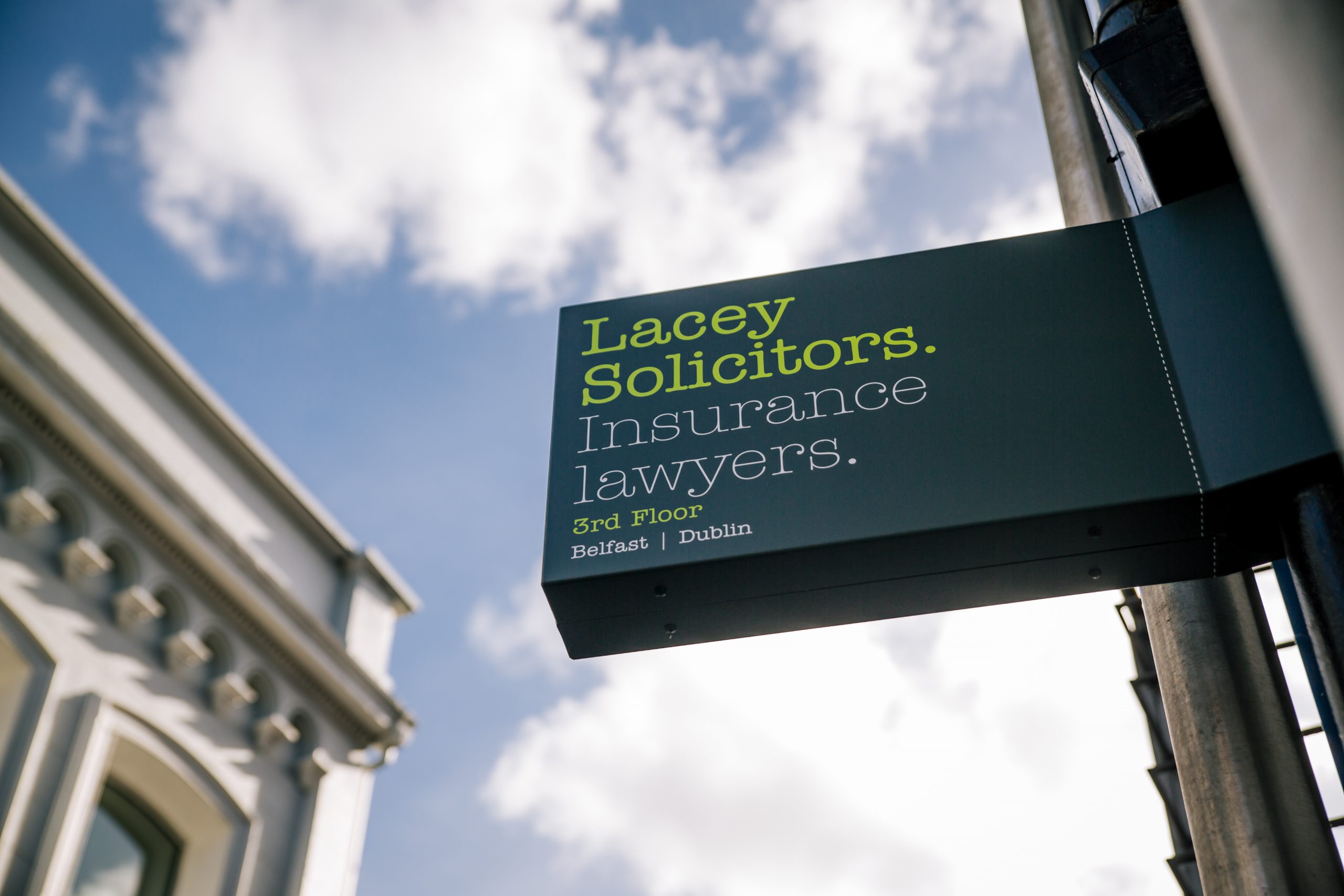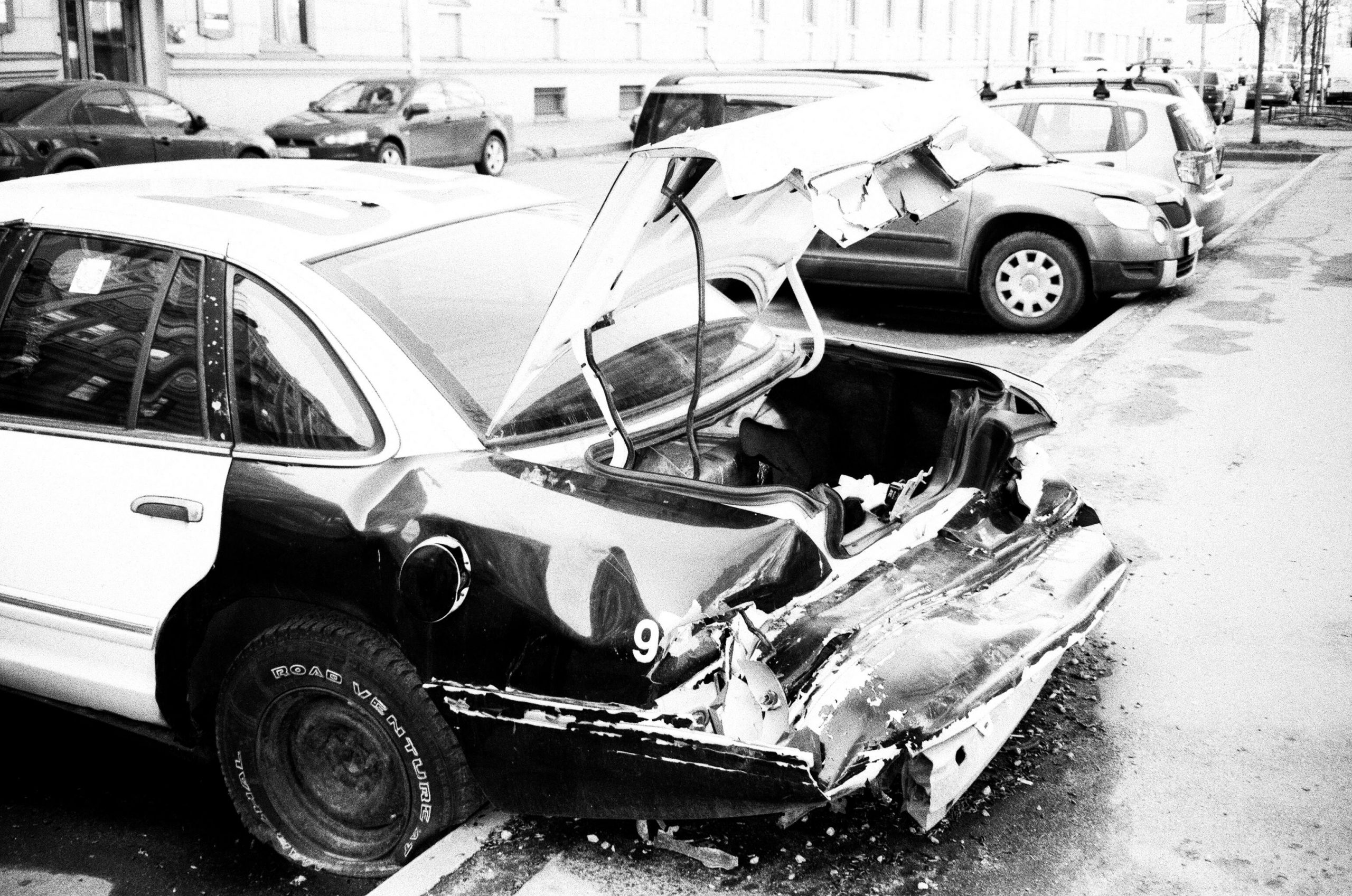Recent Success in Challenging Excessive Credit Hire Rates in Ireland
Last month, our firm reported recent success with a successful outcome at Letterkenny Courthouse, where the Court agreed with our arguments that the rate charged by a Credit Hire Organisation was excessive. We’re pleased to share another win for our Irish insurers in contesting inflated credit hire charges.
Case Summary
The Claimant was involved in a road traffic accident with the Defendant, and liability was accepted by the Defendant’s insurer. After the accident, the Claimant entered into a credit hire agreement with an Accident Management Company (AMC), which provided a replacement vehicle on a credit hire basis. The Claimant’s original vehicle was written off, and payment was made by our instructing insurers for the pre-accident value (PAV) of the vehicle.
Once the PAV had been settled, the credit hire period ended, and the Claimant’s representatives submitted an invoice to our instructing insurer for payment. The total amount claimed for the hire of the replacement vehicle over 76 days was £26,343.46 (STG). The Credit Hire Organisation later offered to accept £20,000 (STG) to settle the matter, and avoid Circuit Court costs in Dublin.
Initial Assessment by Lacey Solicitors
Our instructing insurers sought a preliminary opinion from Ruaidhrí Austin, Partner at Lacey Solicitors, given his dual qualifications and extensive experience in both Northern Ireland and the Republic of Ireland in handling credit hire claims. They specifically asked whether the reduced figure of £20,000 should be accepted and had two primary concerns:
- Mitigation of Losses: Could it be argued that the Claimant failed to mitigate their losses by not using their comprehensive insurance policy? Under 34(2)(b) of the Civil Liability Act 1961. Claimants in Ireland have a statutory duty to mitigate their losses. While this argument is common in credit hire cases, we advised that at this early stage of the proceedings, it would be best to focus on other arguments.
- Reasonableness of the Hire Rate: Was the daily rate charged for a replacement Range Rover reasonable? Given the specifics of the case, the hire period was appropriate, and the replacement vehicle was ‘like for like’. However, the insurer rightly questioned the reasonableness of the hire rate which seemed excessive.
Challenging the Credit Hire Rate
We outlined that the burden of proof lies in these cases lies with the Defendant to demonstrate that there was a more reasonable rate available. Prima facie, the Plaintiff is entitled to the rate claimed. It is for the Defendant to demonstrate a suitable alternative rate. To support this, our office commissioned a Basic Hire Rate (BHR) report from ‘BHR Assist’ to challenge the excessive charges.
The BHR report revealed that a comparable replacement vehicle could have been hired from a car hire company located just 10 miles from the Claimant’s home for a total of £10,876.55, a significant difference from the £26,343.46 claimed.
Settlement and Conclusion
We advised that our instructing insurers should offer £12,500.00 (STG) in settlement, which included the £10,876.55 for hire, plus additional costs for storage and recovery. The insurers successfully negotiated a settlement at this amount, avoiding formal court proceedings and saving substantial legal costs in the process.
Key Takeaways
- While credit hire claims are relatively rare in the Republic of Ireland, they are becoming more frequent.
- Claims handlers should aim to quickly recognise cases where Credit Hire is ongoing and take steps to ensure that repairs are authorised or payments raised in a timely fashion to avoid any significant delays.
- When the daily hire rate appears excessive, it’s essential to challenge the charges with Basic Hire Rate evidence, as long as the Claimant is not relying on impecuniosity.
At Lacey Solicitors, we specialise in navigating the complexities of insurance law across both jurisdictions. Our team of experienced professionals is dedicated to providing clear, effective legal advice and representation to our insurance clients. Whether you’re dealing with credit hire claims, liability disputes, or policy interpretation, we understand the intricacies of insurance law and work tirelessly to achieve cost effective outcomes quickly. With a reputation for excellence and a deep understanding of the industry, our firm is committed to delivering trusted, reliable legal solutions in the ever-evolving world of insurance in Ireland.


![Understanding Liability in James v Halliday [2024] IEHC 281](https://laceysolicitors.com/wp-content/uploads/2024/07/maria-adams.jpg)



![Credit Hire Delays in Northern Ireland: Lessons from McKibbin v UK Insurance Ltd and Clarke v McEvoy [2021]](https://laceysolicitors.com/wp-content/uploads/2021/03/Designer-2.png)






